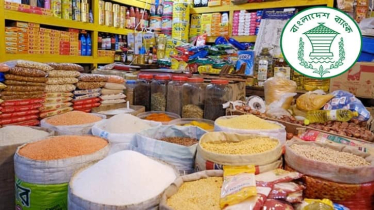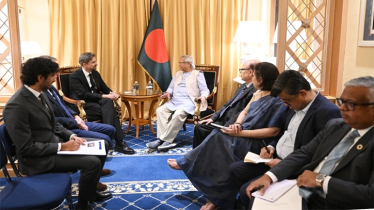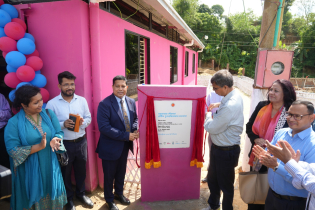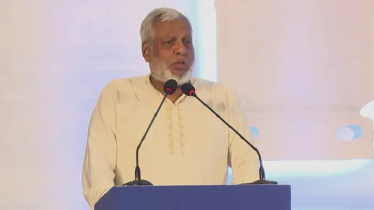
India, the primary supplier of rice to Bangladesh, has imposed new conditions on its exports. Despite this, no impact has been observed in Bangladesh’s rice market.
Officials from the Department of Food said that sufficient domestic stocks, declining international rice prices, and alternative sourcing from other countries have helped maintain market stability. Traders also confirmed that they have not faced any difficulties importing rice due to India’s new rules.
On September 24, India made it mandatory for exporters to obtain registration from the Agricultural and Processed Food Products Export Development Authority (APEDA) for non-basmati rice exports. Bangladesh primarily imports non-basmati rice from India. Last fiscal year, Bangladesh imported six million metric tons of rice from India, with a similar target set for the current fiscal year.
Md. Moniruzzaman, Director of the Food Department’s Procurement Division, said, “The new registration requirement will not hinder imports. Our suppliers have already completed the necessary registrations.” Chitt Majumder, one of Bangladesh’s top rice importers, confirmed that the new conditions have not affected rice imports, and the market remains stable.
According to the Food Department, the import target for this fiscal year is 950,000 metric tons, including 97,000 metric tons of parboiled rice and the rest regular rice. In a procurement committee meeting on Wednesday, approval was given to import 50,000 metric tons from India, with another 50,000 metric tons to be tendered on October 15.
Moniruzzaman added that international rice prices have declined. While last year the price per ton was USD 477, it has fallen to USD 359 this year, reducing costs by USD 118 per ton. Prices have also decreased in Myanmar and Vietnam. Bangladesh has signed an agreement to import 100,000 tons from Myanmar, and a similar contract with Vietnam is expected next month. Myanmar has set the rice price at USD 376 per ton, down from USD 515 last year, with Vietnam’s prices close to this level.
Officials emphasized that the country currently has adequate rice stocks. According to the department, 1.6 million metric tons are available, including 1.2 million metric tons held as secured stock. Stock levels are expected to rise further after Aman paddy collection begins on November 15.
In Dhaka, rice prices have remained stable. Haji Rais Mia, owner of Haji Rice Agency in Kawran Bazar, said prices have been unchanged for two months, with coarse rice selling for Tk 60–65 per kilogram and fine rice Tk 75–80 per kilogram. Md. Jewel, owner of Vai Vai Store in Tejgaon, reported similar prices, with coarse rice at Tk 65 and Miniket at Tk 80.
The Trading Corporation of Bangladesh’s daily price list shows coarse rice ranging from Tk 55 to 65 per kilogram, and fine rice between Tk 75 and 85 per kilogram. For comparison, in January 2020, coarse rice sold for Tk 30–35 per kilogram, highlighting a significant price increase to current levels.





